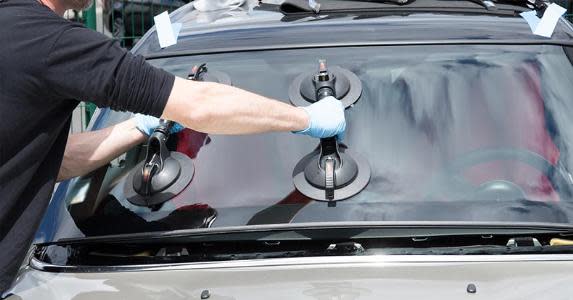Auto Repair Facts And Information You Need
If you own a vehicle, then you know that repair can be a pain. You either have to spend a lot of time trying to fix your problems yourself, or you have to deal with the hassle of taking your car to a mechanic. While both strategies can be annoying, the tips in this article can help you decide what to do.
If you have doubts about the work of a mechanic or their diagnosis, ask if you can see the old damaged parts. A good mechanic will show you the part and point out the issues. If a mechanic cannot show you the old damaged parts, you need to check your car to make sure the mechanic actually put some new parts in.
If you need to get your car fixed after an accident, you should contact your insurance to get a list of approved mechanics. Going to an approved mechanic means your insurance will cover some of your expenses. Besides, you are more likely to find a good certified mechanic if you go to a professional chosen by your insurance company.
If you feel pressured by the garage or dealership you visit to get your car maintained or repaired, do not hesitate to leave. Reliable mechanics will not put any pressure on their customers and will focus on providing quality service. Follow your gut feeling and stay away from the mechanics who do not seem trustworthy.
There are no standard warranties on repairs. Make sure you are aware of what your warranty covers and that you have it in writing. Warranties may have limitations such as deductibles, mileage, time, businesses authorized to do the warranty work or special steps needed to get reimbursement. Know your warranty rights.
Changing a car battery is quick and easy. It usually involves unfastening a clip on top of the battery and using a wrench to loosen and remove the connectors. (Naturally, you should do this with your engine off!) Brush the connectors clean with a wire brush. Lift out the old battery and put the new battery in its place. Fasten the connectors securely and refasten the clasp. You should be good to go!
Know the basics. If you have to take your car into the shop, be prepared to let them know what the make and model of your car is. Also, the actual trim level is important as it will give the technician more information about the engine, transmission and anything else that may be important.
Look to the Better Business Bureau and local consumer advocate groups for more information on the auto repair shop you are considering. You'll want to search everywhere for potential knowledge on this service center before you plop down the big bucks on a costly repair. Often these organizations will have a lot of great intelligence for you to consider.
Pay attention to any fluids that pool under you car when parked. Small spots may not mean very much, but take note of what the fluid is. Plain water is usually just condensation that builds up on a car naturally. But bright green or orange fluid is the cooling system. Oily fluids are those like engine oil, or transmission fluid. These are warning signs.
Know what your manufacturer recommends for your car. If you take your vehicle in to get fixed, and you receive contradictory information, go somewhere else. You can also call the technician on the discrepancy. Ask them why they are saying something different than the manufacturer. There could be a good reason, or they could be simply trying to talk around you.
Learn the basics in your car repair manual. Even if you do not plan on doing the repair yourself, learning the basics about your car can help you pinpoint problems quickly. This can help you save money when taking it to a mechanic. You can tell the technician what you think the problem is, saving on labor costs diagnosing the problem.
Be sure to request a written cost estimate for all repair work to be done on your automobile. The estimate must identify the specific work to be done, as well as what the repairs will cost you. It is essential that the estimate is signed by a representative of the company.
Be consistent with which shop you go to. You are much less likely to get scammed if you know the mechanic you are working with and have a history with him or her. Get small work done there, and then if you ever need to have expensive repairs, you will feel better about it.
Keep good records of your car's repair history and maintenance schedules. This often helps a mechanic diagnose problems more quickly. Without a good history of the car, the mechanic may waste time finding the problem. This can be expensive. In addition, when you keep good records, it tells the mechanic you take car maintenance seriously, and that you know what you are doing. They are less likely to "pad" your bill, since they know you are well informed.
Auto repair isn't always fun, but you can do things to make repairs smoother. The information in this article will help improve your experience with automobile repair. You will not be disappointed.

